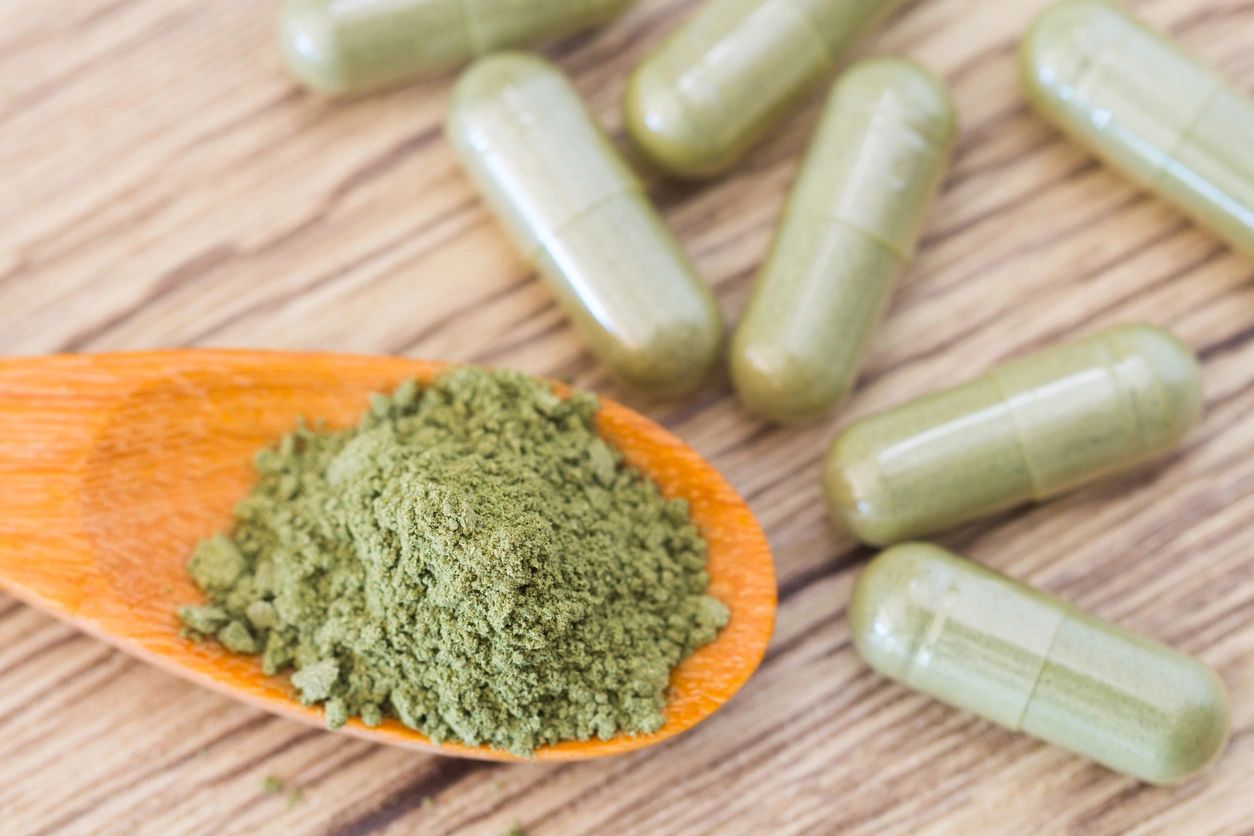A recent report from the Clean Label Project is raising serious questions about the safety of protein powders, a staple in many diets for muscle recovery, weight loss, and general health. The findings might have fitness enthusiasts double-checking their supplement shelves. The U.S. Environmental Protection Agency (EPA) has long warned of the health dangers of lead, yet this study reveals that nearly half of the protein powders tested exceeded federal or state safety limits for lead and other toxins. For those who rely on these products as a “healthy” dietary option, the news is troubling.
The Clean Label Project commissioned the study to investigate just how “clean” these so-called health products really are. Analyzing 160 protein powders from 70 brands—selected from Nielsen and Amazon best-seller lists—the nonprofit conducted rigorous testing for 258 contaminants. Heavy metals like lead, cadmium, arsenic, and mercury were among the primary culprits, along with bisphenols (BPA, BPS), chemicals often found in plastics. Despite the comprehensive analysis, the organization opted not to release specific brand names, claiming neutrality and fairness as the rationale. However, the findings make it clear that many popular products, particularly those labeled organic, plant-based, or chocolate-flavored, carry significant risks.
The report’s findings are as unsettling as they are specific. Nearly half of the tested powders violated California’s Proposition 65 safety thresholds for toxic metals. Organic protein powders were found to have three times the lead and twice the cadmium levels compared to non-organic versions. Plant-based options also fared poorly, showing three times more lead than whey-based formulas. Chocolate-flavored powders, often marketed as indulgent yet nutritious, contained four times the lead levels found in vanilla-flavored products. These numbers cast a shadow over claims of purity and health benefits associated with many protein powders.
One silver lining in the study was the decline in bisphenol levels compared to a similar analysis conducted six years ago. While this improvement suggests that manufacturers have made strides in reducing certain plastic-related contaminants, it does little to offset the alarming prevalence of heavy metals in these products. For consumers, the trade-off between fewer bisphenols and higher levels of lead and cadmium is hardly reassuring.
This report serves as a stark reminder that even products marketed as health-focused require scrutiny. The Clean Label Project has urged manufacturers to prioritize ingredient purity, but until significant changes are made, consumers may want to rethink their reliance on protein powders. Whether opting for alternatives or demanding greater transparency and accountability from manufacturers, the public has reason to approach these products with a healthy dose of skepticism.


